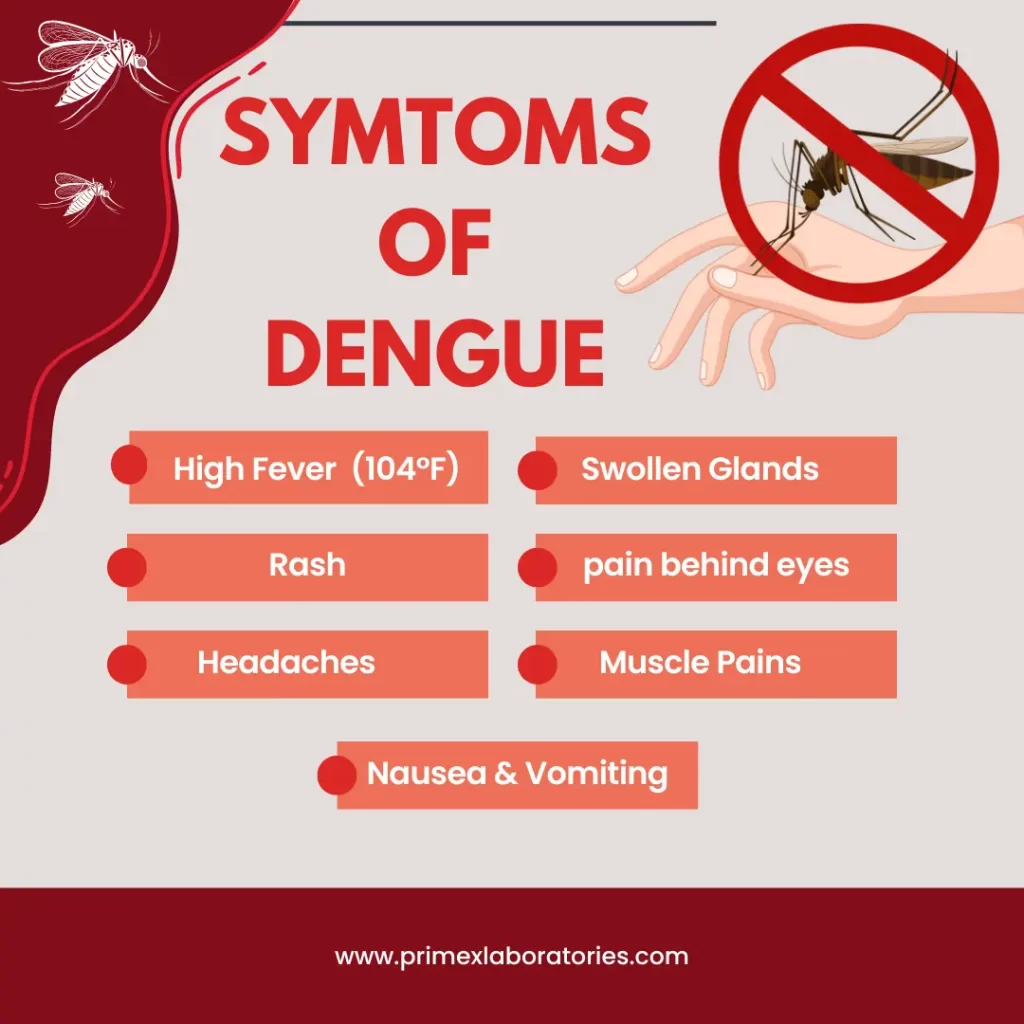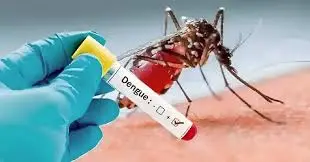Dengue fever is a mosquito-borne viral disease that has become a major public health concern worldwide in tropical and subtropical regions. Understanding dengue’s symptoms, prevention, and treatment options is crucial in combating its spread and ensuring early medical intervention. This blog delves into the key aspects of dengue fever, offering valuable insights for awareness and protection.
What is Dengue Fever?
Dengue fever is caused by the dengue virus, transmitted to humans through the bites of infected female Aides mosquitoes, primarily Aides aegypti. The virus has four distinct serotypes (DEN-1, DEN-2, DEN-3, and DEN-4), meaning a person can be infected up to four times in their lifetime. Dengue infections can range from mild to severe, with severe dengue potentially leading to serious complications and death.
Symptoms of Dengue Fever
Dengue symptoms usually appear 4-10 days after being bitten by an infected mosquito. Common symptoms include:
- High fever
- Severe headache
- Pain behind the eyes
- Joint and muscle pain
- Nausea and vomiting
- Skin rash
- Mild bleeding (e.g., nosebleeds, gum bleeding)
In severe cases, dengue can develop into dengue hemorrhagic fever or dengue shock syndrome, which are life-threatening conditions. Symptoms of severe dengue include:
- Severe abdominal pain
- Persistent vomiting
- Rapid breathing
- Bleeding gums
- Fatigue
- Restlessness
- Blood in vomit or stool

Prevention of Dengue
Preventing dengue fever primarily involves measures to avoid mosquito bites and control mosquito populations. Here are some effective prevention strategies:
Use Insect Repellent: Apply mosquito repellent containing DEET, picaridin, or oil of lemon eucalyptus to exposed skin and clothing.
Wear Protective Clothing: Wear long-sleeved shirts, long pants, socks, and shoes outdoors, especially during peak mosquito activity times (early morning and late afternoon).
Use Mosquito Nets: Sleep under mosquito nets, particularly in areas with prevalent dengue.
Eliminate Standing Water: Remove or regularly empty containers that collect and hold water, such as flower pots, buckets, and tyres, as these are breeding grounds for mosquitoes.
Install Screens: Use window and door screens to keep mosquitoes out of your living spaces.
Treatment of Dengue Fever
There is no specific anti-viral treatment for dengue fever. Management of dengue involves supportive care to alleviate symptoms and prevent complications. Here are some key aspects of dengue treatment:
Hydration: Drink plenty of fluids to stay hydrated, as dehydration is a common complication of dengue.
Pain Relief: Use pain relievers like acetaminophen (paracetamol) to reduce fever and alleviate pain. Because they raise the risk of bleeding, stay away from non-steroidal anti-inflammatory medicines (NSAIDs) including ibuprofen and aspirin.
Rest: For your body to heal from the infection, get lots of rest. .
Medical Attention: Seek immediate medical attention if you experience severe symptoms or if your condition worsens. Hospitalization may be necessary for severe dengue cases.

